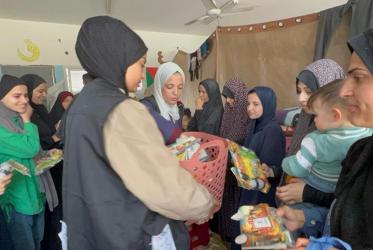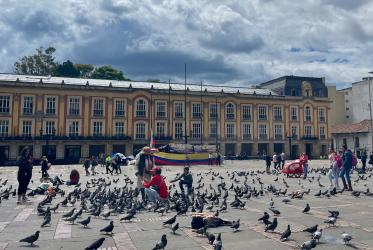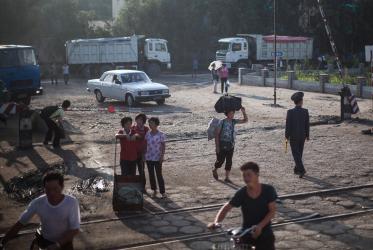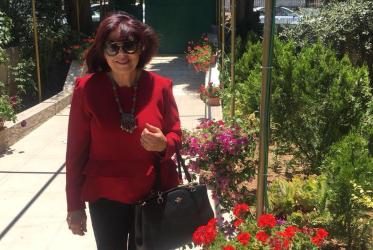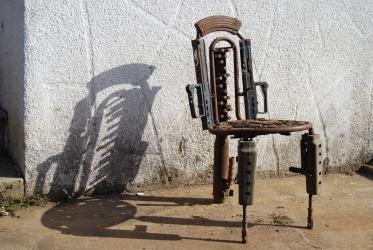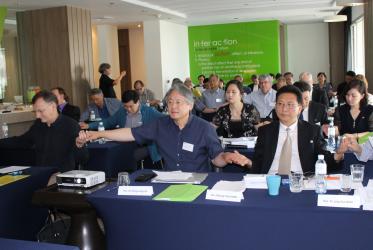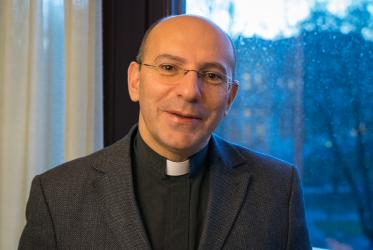Displaying 1 - 20 of 85
Displaced people south of Gaza face extreme difficulty
21 December 2023
Peace and unity on the Korean Peninsula matters globally
25 February 2021
A hopeful, but not optimistic Palestinian ecumenist
09 December 2020

